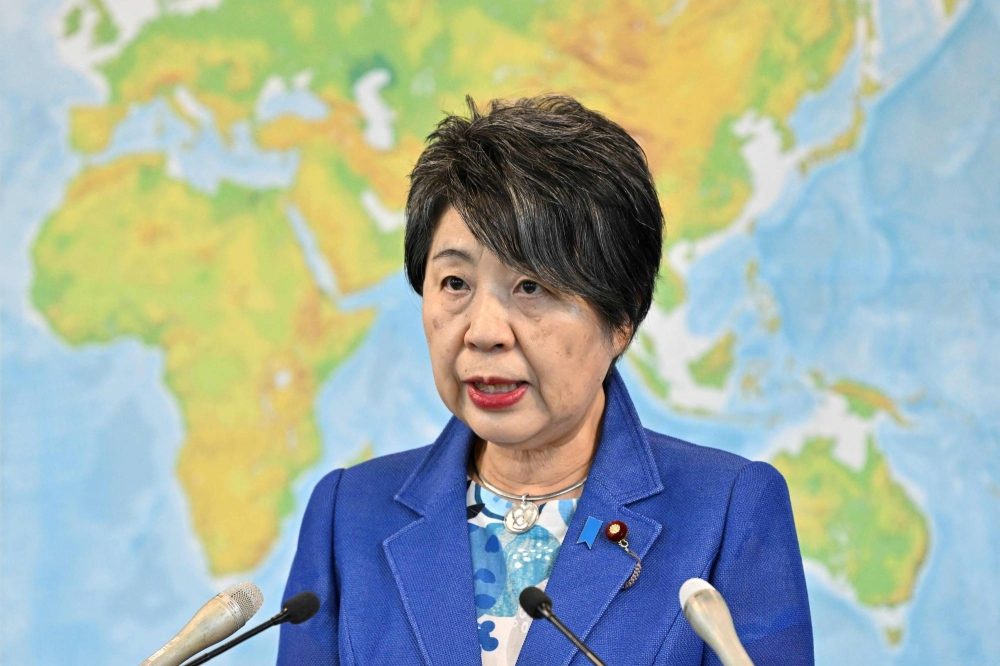Japanese Foreign Minister Kamikawa Yoko mentioned that Thailand becoming a part of the OECD will draw private investment and promote local changes to surpass the middle-income hurdle.
In her recent piece titled “Is the OECD relevant for Thailand?” in The Bangkok Post, she highlighted that Thailand’s interaction with the OECD will profit from the organization’s data and experts.
She explained that these resources can aid Thailand in making necessary local changes and overcoming the middle-income obstacle, as stated by Yoko, who is leading the OECD Ministerial Council Meeting (MCM).
Thailand applied to join the Paris based organization in February. This week Vice Foreign Minister Sihasak Phuangkhetkeo attended the MCM on behalf of former deputy prime minister and foreign minister Parnpree Bahindra-Nukra, who resigned last week.
The feedbacks from the first OECD Council meeting in March was very supportive of Thailand’s application. Bangkok hopes it could become a member within five years.
Meanwhile, Indonesia also has a similar plan. Jakarta last year applied to join the OECD and recently has set up a special committee to oversee the accession process.
Japan, as a leading member from Asia, is spearheading the OECD’s effort to vow more Asean members to join the organization as part of the overall strategy to deepen and broaden engagements with the Indo-Pacific countries.
Yoko restated that by adopting the organization’s rules and standards, Thailand will attract private investment that can fill in the government’s financial needs and planning.
From the Japanese perspective, she emphasized that the OCED must expand its diversity along with the change in the global economic dynamism. “The rule only serve their purpose when major stakeholders are involved in the formulation and implementation.”
Yoko stated inequitably that to achieve these objective, the key challenges is the organization’s greater engagement with Southeast Asia.









